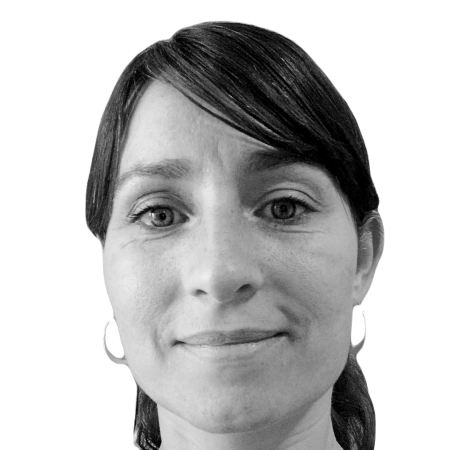Working as a clinical psychologist in a gynaecology-based pain service has made me appreciate the importance of psychology in improving women’s health care. I have heard so many stories of challenging personal journeys and experiences and I can see what a significant role psychology has to play in supporting people to live a rich and meaningful life. I have also become aware that women’s health has received comparatively little specific research attention and this is particularly true for psychology.
Lack of research translates into unmet needs and under-developed clinical services.
I realised that I wanted to develop as a clinical academic and undertake research in this area in order to make a significant contribution to patient care but, having spent many years working clinically, it was difficult to see how I could get more substantially involved in research. Hearing about the NIHR clinical academic fellowships felt like I had found the door I was looking for!
My passion for research started early on in my career – I had really enjoyed both my research assistant roles and the research component of my undergraduate psychology degree. Working in a research department with some amazing clinical academics showed me how their clinical expertise, knowledge of how services worked (or didn’t!), and passion for mental health resulted in meaningful research that translated into clinical practice that benefitted very many people. Inspired by this, I decided to train as a clinical psychologist. The fact that research was integral to training and the work of clinical psychologists was definitely something that attracted me to the profession.
Following training I worked in a primary care mental health service at a time of rapid service development – through the roll out of the IAPT (Improving Access to Psychological Therapy) initiative.
Having a senior role in this service kept me extremely busy and left little time to devote to research. During this time, I became increasingly aware of the psychological challenges faced by people living with physical health issues, and the high levels of co-morbidity of mental and physical health problems. I was often struck by the lack of attention to the emotional challenges of living with physical health conditions and how people (both patients and health care professionals) would struggle to view emotional challenges as legitimate and as deserving of support. The importance of attending to emotional well-being for good physical health care was so clear to me: motivation, fear, confusion and self-confidence all play such important roles in physical health as well as overall quality of life, but often weren’t addressed.
I developed a real passion for putting psychological support and medical support on an equal footing and this prompted me to move to a role in clinical health psychology, working in hospital-based pain services and my specialist interest in women’s health.
Although I was confident in my clinical expertise and skills, I really wasn’t sure I could become a researcher. After over 15 years focusing predominantly on clinical work, I felt rusty and I was aware things had moved on in the interim. I wondered (and worried!) that I had missed the boat in having more substantial research involvement. Taking steps out of my (clinical) comfort zone felt daunting but I knew involvement in research was something I really wanted: this was driven both by personal interest (I have lots of questions I would love to know the answers to) and a passion to see greater understanding of the experiences of, and better services for, patients.
Taking opportunities for involvement in service improvement projects, clinical audit and research whenever the opportunity arose helped me build my skills and update my knowledge.
Building a network and working alongside research and clinical academic colleagues has been key for me in taking steps back into research: their guidance, support and encouragement has helped me begin to navigate my research journey and map out the next steps in my career.

